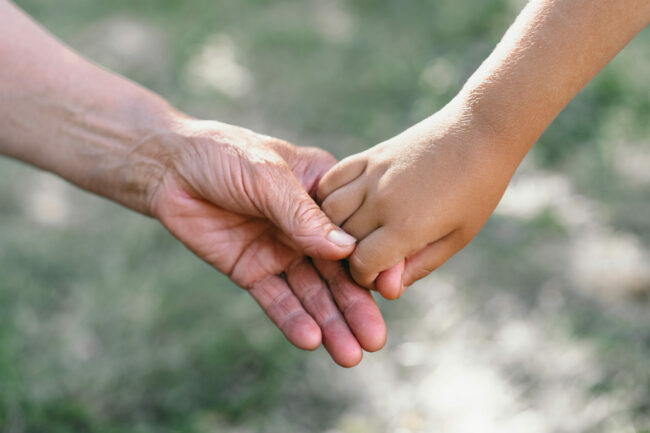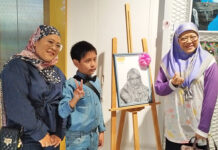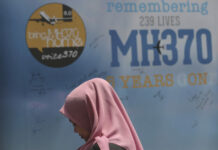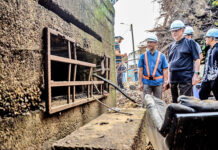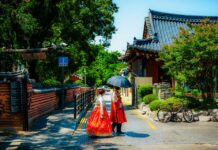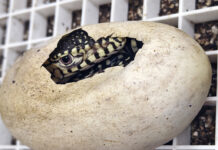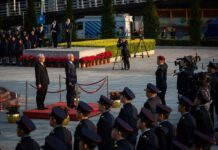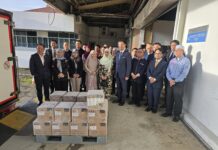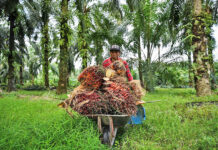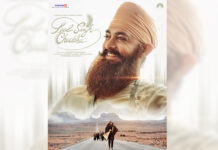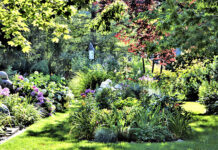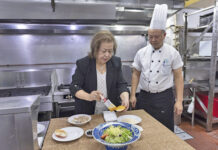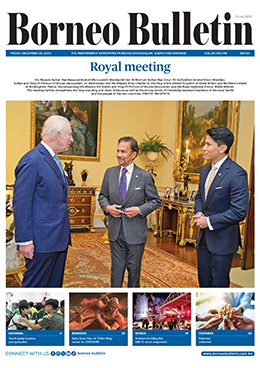Navigating the seas of caregiving from youth to elderhood
From as early as eight years old, I was thrust into the role of caregiver. And not just any caregiver – oh no, I was wrangling the elderly. Imagine a portly eight-year-old teaming up with my gangly 17-year-old sister, both of us trying to manoeuvre a six-foot-something man. It was like steering a ship with a paddle.
My maternal grandfather, who was in his 70s, suffered a stroke that left him bedridden. For a good chunk of my adolescence and early teens, my days and nights were often spent at my grandparents’ place, which wasn’t much of a change since it was just a five-minute drive away.
I practically grew up in their small bungalow, surrounded by towering fruit trees and the ever-present chatter of birds.
Grandfather, like many Kedayan men around here, had a green thumb. Even though he was a retired taxi driver, his love for agriculture thrived. Alongside the edible goodies from his garden, he also had a peculiar fondness for raising Malayan porcupines.
Yes, porcupines! We would collect the quills to use it as a pointer when reading the Quran and at one point, we had over 15 of them.
I didn’t get to spend much time with him before his stroke, and to be honest, he was a bit of a curmudgeon.
During his able-bodied days, he was often found tending to his animals. Besides the porcupines, which would eat anything green I irresponsibly fed them, he had a shed full of birds, including a very chatty common hill myna locally known as burung toing mas, and even some local fish straight from the village drains.
He scolded me often – my youthful enthusiasm for feeding the animals didn’t always align with proper care.
But despite his grumpiness, his home was always open to me when I was sick. He was somewhat of a community healer, so not only did he help raise me, but he also nursed me back to health on many occasions.
When babysitting duties fell to my grandparents, grandfather kept me occupied and well-fed.
I’d help him feed chilies to his talkative myna, but most mornings, we’d find ourselves in the porcupine cage while my grandmother sat on a handcrafted bamboo mat, either weaving a takiding or, hilariously, fashioning her favourite back scratcher from a coconut shell and a stick.
At my grandparents’ house, there was never any shortage of these back scratchers. You’d find used Milo tins filled to the brim with them, and my grandmother would often hand me one to take home.
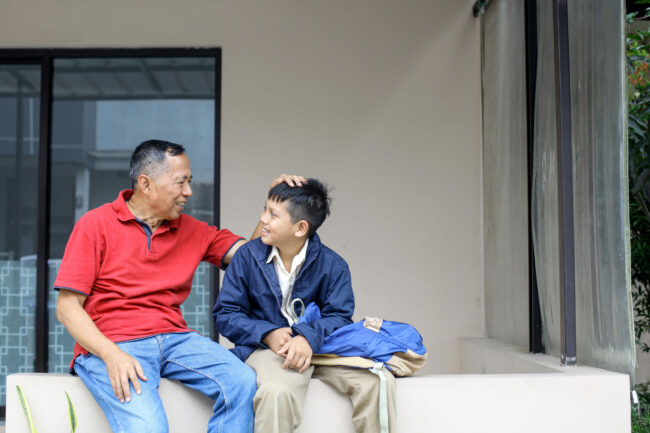
Looking back, I wish I had kept at least one. But back then, with the nimbleness of a chopstick, those back scratchers hit just the right spot!
I always hated that mat as well – it was impossible to lie down on it without your hair getting caught between the bamboo slats.
Life at my grandparents’ was serene, the peace only interrupted by the occasional thunderous crash of a massive jackfruit falling onto the zinc roof of the garage that sheltered us.
Thanks to my paternal Dusun grandmother, who passed down her knack for traditional massage, I often found myself massaging my grandparents’ aging, tingling limbs while they listened to mukun on a static-y old radio.
Mukun, a traditional Bruneian form of poetic exchange sung in a call-and-response style, would fill the house on nights when my uncles and aunts came over.
These gatherings would often turn into full-on mukun showdowns, complete with traditional dances.
Those were some of the rare moments I saw my usually strict mother let loose, and after each gathering, my grandparents would feel ten times better for the rest of the week.
My mother’s words still echo in my mind: “It’s not easy taking care of your aging parents.” And she would know – she made sure her parents were cared for in every way possible.
In our culture, respecting and caring for one’s elders is a deeply ingrained value, and my mother embodied this fully.
It wasn’t just about paying bills or keeping the fridge stocked. It was about finding a caregiver during medical crises, taking time off work to help the visiting nurse convince my grandparents to take their medicine, and coaxing them into getting the treatment they needed at the hospital.
As the youngest, I was a witness to most of this, being the quintessential mama’s boy. But what I learned from those years wasn’t just about the care I received – it was about the care I should give in return.
In our culture, the bond between parent and child is strong, and the responsibility to care for aging parents is deeply ingrained. My mother’s dedication was a powerful lesson in the importance of this duty.
Last month was World Elder Abuse Awareness Day, and with the life experiences I’ve had, I can’t imagine such a harsh reality.
Yet, according to the United Nations, between 2019 and 2030, the number of people aged 60 years or over is projected to grow by 38 per cent, from one billion to 1.4 billion, globally outnumbering youth. This increase will be the greatest and most rapid in the developing world, underscoring the need to pay greater attention to the challenges faced by older persons, especially in the field of human rights.
Elder abuse is a problem that exists in both developing and developed countries, yet it’s typically underreported globally.
Prevalence rates or estimates exist only in selected developed countries, ranging from one per cent to 10 per cent. Although the full extent of elder mistreatment is unknown, its social and moral significance is undeniable.
As such, elder abuse demands a global, multifaceted response – one that focuses on protecting the rights of older persons.
In Brunei Darussalam, the concept of an old person’s home is almost unheard of, with only one existing in the entire country, speaks to the heart of our culture, where family is the foundation of care.
It’s a comforting reminder that in the Sultanate, you’re not just looked after – you’re looked after by your own.
With this in mind, approaches to define, detect and address elder abuse need to be placed within a cultural context and considered alongside culturally specific risk factors.
In our communities, where respect for elders is a cornerstone of our values, understanding these risks is crucial to ensuring that our seniors live with the dignity they deserve. – Wardi Wasil
